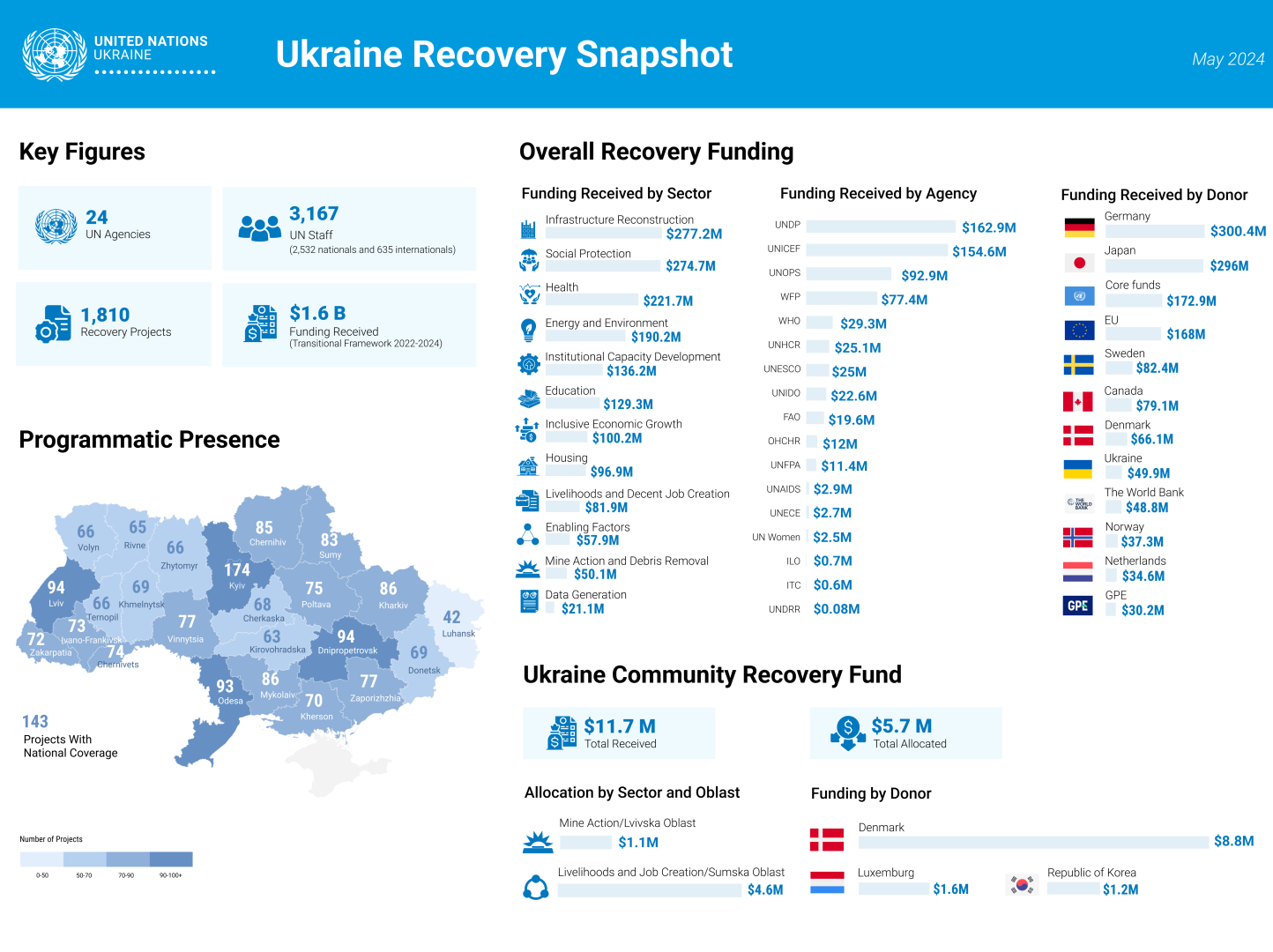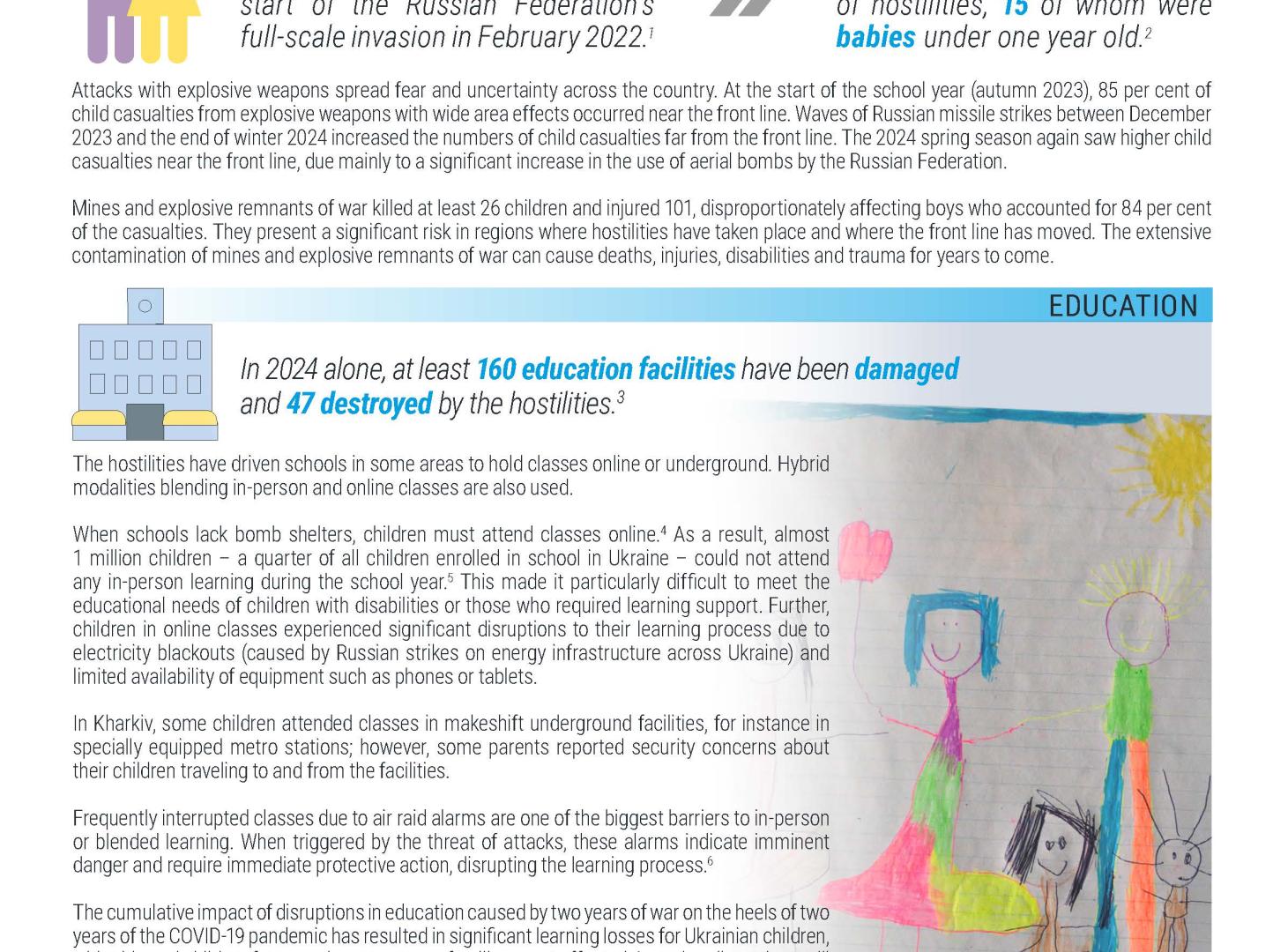Human Rights of Women and Girls with Disabilities

In Ukraine, women and girls with disabilities face particular disadvantages and challenges: accessing health care services, discriminatory treatment in accessing reproductive health services, gender-based violence, inaccessible infrastructure and low level of economic and social activity. They are rarely represented in the decision-making positions or in legislative and executive authorities.
The overarching objective of this Guide, published in partnership with the National Assembley of People with Disabilities, is to support key stakeholders to help facilitate the full inclusion and meaningful participation of women and girls with disabilities. It is designed to facilitate the work of women with disabilities, civil society actors including organizations of women and girls with disabilities, and other partners to implement the international and national commitments to gender equality through gender-responsive and disability-inclusive initiatives. The Guide aims to assist in understanding of the intersectionality of human rights and provides practical recommendations for the implementation and monitoring of the implementation of the UN Convention on the Elimination of All Forms of Discrimination against Women (CEDAW) and the Convention on the Rights of Persons with Disabilities (CRPD). In addition, it offers examples of gender-responsive and disability-inclusive initiatives.
The Guide was developed and disseminated within the framework of the UN Women CEDAW in Action! Project funded by Global Affairs Canada. Further practical measures and methodological recommendations to address the needs of women and girls with disabilities are outlined in The Gender Accessibility Audit Toolkit.






